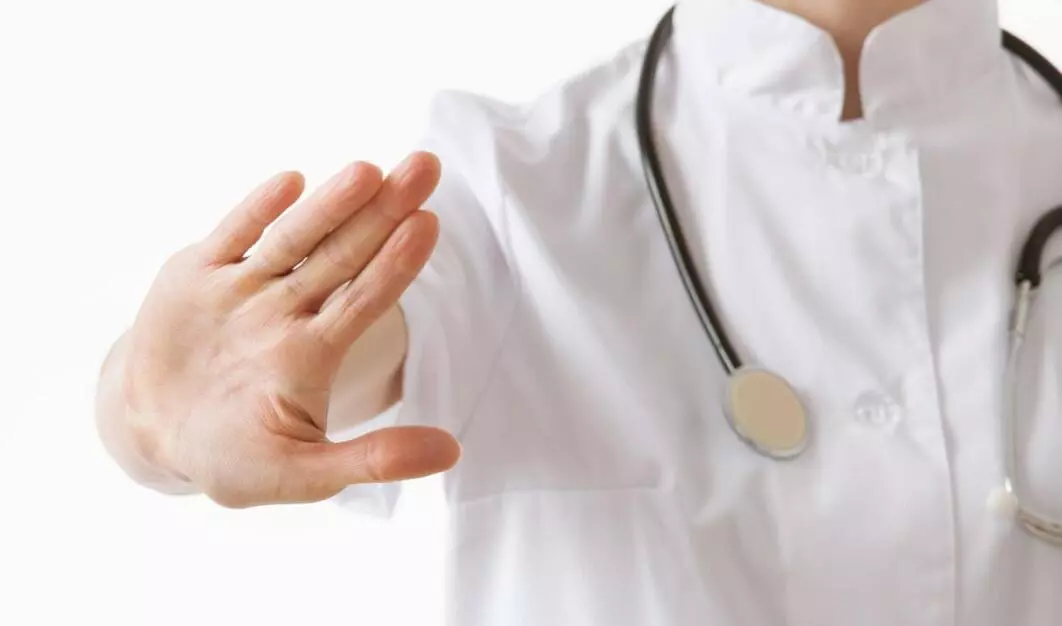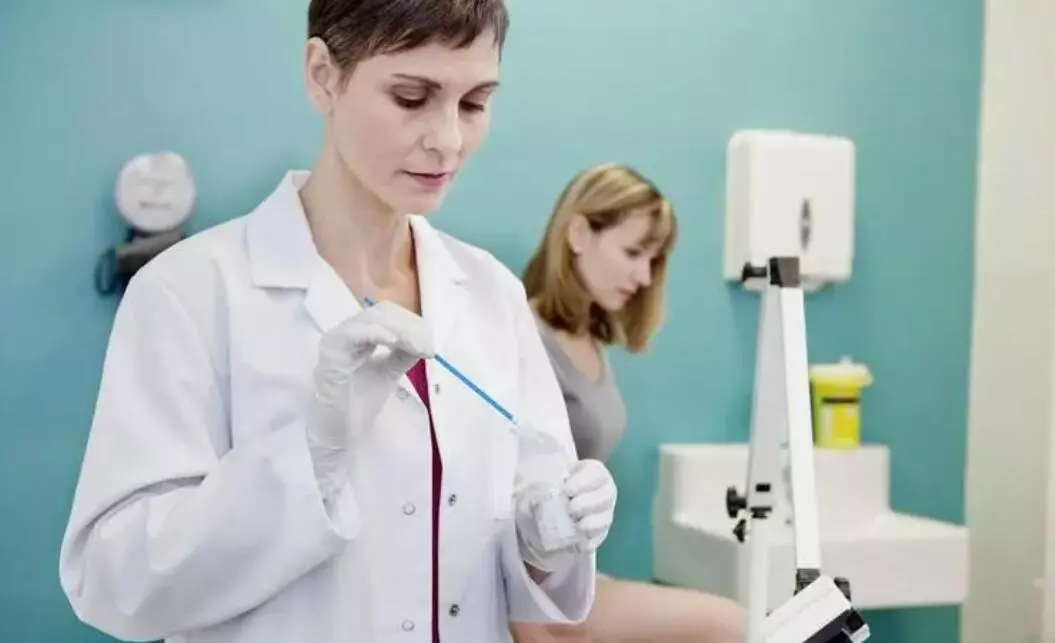Navigating the Shadows: Understanding and Addressing Sore Vagina After Sex
Navigating Intimate Comfort: Unveiling the Causes and Solutions for Sore Vagina After Sex
Embarking on the adventure of sexual intimacy is a deeply non-public and often enriching factor of life. However, post-coital pleasure for some may mean an unwelcome association: a sore vagina after sex. This pain, though not unusual, can cast a shadow over the gratifying moments shared between companions, prompting the desire for a complete exploration of the elements contributing to this trouble and the powerful answers available.
Post-coital discomfort prompts investigation into causes and treatments, alleviating concerns and enhancing intimate well-being. In this in-depth manual, we can resolve the complexities surrounding a sore vagina after sex, shed light on the various factors that contribute to this pain, and empower individuals with the know-how to foster more healthy, more enjoyable intimate reports.
Unraveling the Complex Tapestry: The Multifaceted Anatomy of Post-Coital Soreness
This requires that one appreciate the anatomy of soreness and address it accordingly. The causes can be categorized into post-coital infections, including insufficient lubrication through sex interest, hypersensitivity reactions caused through the usage of certain commodities, lifestyle traits, and hormonal influences. We aim to bring a comprehensive point of view to this problem by examining all of these components in order to offer practical solutions for immediate relief as well as long-term preventive measures.
Empowering Intimate Well-being: Managing open communication and successful treatment for postcoital comfort.
It is clear throughout our understanding of sexual health that open communication, informed decisions, and active approaches are necessary for a satisfying sexual life. Let us embark on this journey of discovery together to understand why such pain follows vaginal penetration and explore some of the most effective cure regimens that can give one peace of mind, knowing they are free to enjoy intimacy without anxiety.

The Anatomy of Sore Vagina After Sex
1. Insufficient Lubrication
Post-coital vaginal pain occurs when one lubricates inadequately during sex or after engaging in sex. Proper lubricants for the vaginal wall with reduced friction also prevent inflammations that might be caused by the wrong lubricants. Overcoming this challenge includes having great water-based or silicon-based lubricant in your sexual studies. These lubricants provide an essential protection layer that provides smoothness and better comfort when falling off the bed. Using satisfactory lubricants is crucial while exploring new dimensions of pride or intimacy. Adopting this preventive method does not only provide immediate ease but also an ongoing comfort that contributes to average genital wellness and gratification.
2. Allergic Reactions
Certain oils, condoms, and washing detergents can, in rare cases, cause infection and post-coital pain due to sensitivity. Hypoallergenic products should also be adopted, while labeling factors will help reduce allergy responses and provide a better cozy feeling. People can decide on products that will suit their capacities and avoid “allergens” that can destroy pleasures. Such proactive action reduces temporary distress and makes a contribution towards an integral attitude toward healthy sex that leads to satisfying and disease-free enjoyment of life.
3. Infections/STDs
Post-coital pain and discomfort can also be caused by infections like yeast infections or bacterial vaginosis. In addition, there are some STDs that present with comparable indications. Prevention as well as treatment measures include immediate medical attention for swift action, safe sexual behavior, and diligent genital cleanliness. Prompt treatment protects physical well-being and improves a positive attitude towards responsible sexual practice. People should receive spark-off hospital treatment, followed by preventive steps that allow confidently navigating in intimate stories for a positive and healthier sex experience.
Balancing Act: Lifestyle Factors and Their Impact on Sore Vagina After Sex
4. Friction and Rough Sex
Other forms of sex, such as participating in full-life or prolonged sexual sports, may also raise friction, which leads to trauma to the vagina and thus pain. Talking freely with your partner about different measures and softer skills could considerably reduce the chances of post-coital soreness. Complementarily with this, comfort and mutual comprehension are now emphasized during intimate engagements to enhance experience while at the same time protecting against incapability agony, hence creating balance and peaceful sex relations.
5. Lack of Relaxation
Stress and anxiety significantly impact sexual experiences, inducing tension in the pelvic floor and heightening pain. It is vital to focus on the techniques of having a relaxed sleep; this may include deep breathing exercises or yoga. This will make it easier to feel the excitement without any pain during intimate relations. Therefore, people not only improve their regular health but also make it easier and more pleasant to share their sexual lives with others by including these principles in everyday life routine. Combine mental and physical relaxation effectively to ensure pain-free intimate experiences, going beyond mere enjoyment.
6. Menopause and Hormonal Changes
This includes the menopausal and postmenopausal periods, which result in imbalances of the hormones leading to vaginal dryness and thinning of the vagina. Relief from post-coital pain is either by means of hormone replacement therapy or moisturizers designed as vaginal fitness supplements. In addition, these drugs relieve pain and help to maintain the health and strength of vaginal tissues. Acceptance of hormone-based interventions and specific moisturizing will be the keys to handling demanding conditions provided through changes in hormones, enabling people to manage more comfortable and pleasant intercourse at these lifestyle stages.
7. Birth Control Methods
Some specific hormonal delivery methods can contribute to it. One will have to engage in a talk with a health insurance issuer as they seek an alternative means of contraception. It attempts to identify a remedy that is not only contraceptive in nature but also consistent with normal vaginal hygiene. By considering how the effects of introducing control methods at the start level can influence vaginal well-being, we could make the right decisions for ensuring a harmonious relationship between reproductive choices and intimate health care.
Medical Conditions and Sore Vagina After Sex
8. Pelvic Floor Dysfunction
Pelvic floor dysfunction that results in failure of relaxation and contraction of the pelvic floor muscle during sexual intercourse causes pain before and after sex. Address this concern with pelvic floor body therapy and targeted exercises, promoting a healthier pelvic floor. Healing measures are essential towards mitigating post-coital pain and ensuring a state of good health in a person’s pelvic health. Integrating those interventions as part of a comprehensive program of sexual health maximizes the likelihood of comfortable and satisfying sex.

Conclusion: Navigating Towards Post-coital Relaxation Amidst the Complexity of Sore Vagina After Sex
Navigating the Intimate Terrain: Foundations for a Satisfying Sexual Life
While traversing the rugged ground of sex life, the bottom line is that effective communication, sound decisions, and a positive attitude are necessary elements in growing a pleasant affection. The discovery of how painful sex is and what one can do to relieve themselves and also prevent further vaginismus is what led us through this exploration.
Empowering Choices thru Understanding the Anatomy of Soreness
Understanding the essence of pain is crucial; it may stem from inadequate lubrication, allergies, infections, or hormonal influences. Both sides have to take into account the different sizes proposed by them. We have issues related to sexual orientation, preferred partners, gender identity, and many other factors. And our mission is to ensure that people find out about the most appropriate type of sex.
It is also relevant to discuss stability and mindfulness since it touches on lifestyle issues like friction with rough sex and the impact on stability, which can be affected by so many factors at hand. It is advisable that people provide an atmosphere whereby they converse freely with each other and select various relaxation alternatives that support a healthy atmosphere of joyous, uninhibited intimacy.
Harmonizing Hormones: Tailored Care for Menopausal Vaginal Health
Specifically, during menopausal hormonal influences, one needs special care such as replacement therapy and moisturisers dedicated to vaginal health. The impact that some birth manipulation techniques have on vaginal comfort. Mothers should consult healthcare providers about contraceptive choices to align with basic vaginal wellness.
Elevating Intimacy: Strategies for a Healthier Pelvic Floor and Enhanced Well-being
In the world of medical conditions, a proactive technique is for addressing pelvic ground disorder. It is through focused sporting events that physical therapy emerges as a key method. This intervention promotes a healthier pelvic floor and plays a pivotal role in reducing aches during and after sex.
Cultivating Comfort: A Holistic Approach to Alleviating Sore Vagina After Sex
This adventure of exploration equips people with information and techniques to embody intimacy, self-belief, and luxury. By proactively addressing the various causes of post-coital soreness, we pave the way for an extra-pleasurable and harmonious sexual experience. Commitment to intimate well-being extends beyond immediate comfort, contributing to overall health and fostering resilient relationships. As we navigate the intricacies of post-coital soreness, the insights will empower people to domesticate a richer, more gratifying intimate existence—one characterized by open conversation, knowledgeable picks, and a proactive approach to universal well-being.


